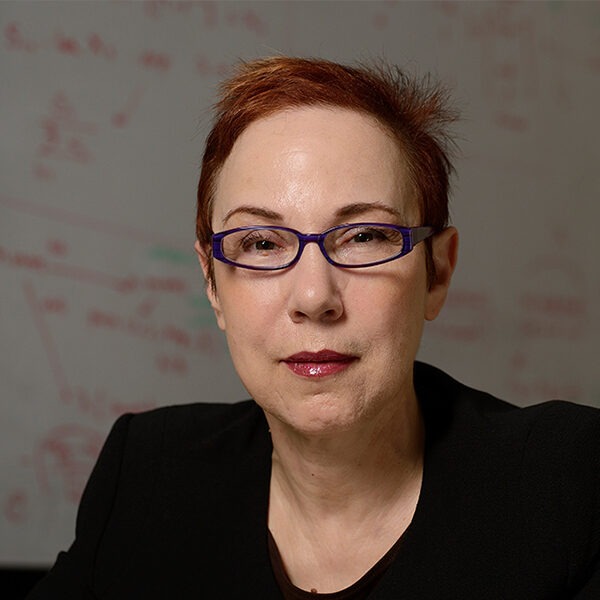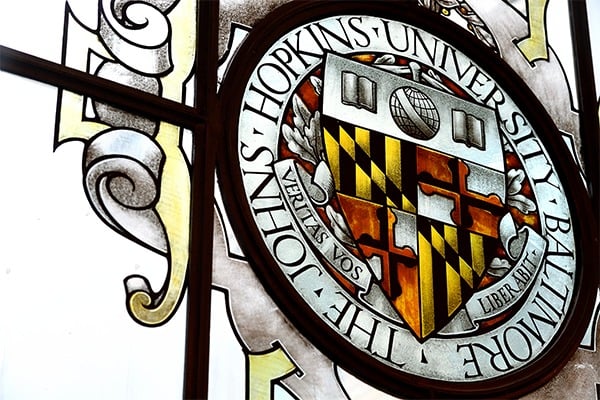Research Interests
Rachel Karchin is a pioneer in computational cancer genomics, developing innovative algorithms for variant interpretation and tumor evolution. She created CHASM, the first widely used statistical learning method to distinguish driver from passenger mutations and led the development of OpenCRAVAT, a widely adopted open-source variant annotation toolkit. Her contributions extend to immune-oncology, where her deep learning-based BigMHC model advances neoantigen prediction for precision medicine.
She was the Whiting School William R Brody Faculty Scholar from 2013-2019. In 2017, she was inducted as a Fellow in the American Institute for Medical and Biological Engineering (AIMBE), and in 2025 as a Fellow of the International Society for Computational Biology (ISCB).
Karchin is a core member of the Johns Hopkins University Institute for Computational Medicine, a member of the Translational Tissue Engineering Center and the Center for Computational Biology. She holds a joint appointment in Oncology at the School of Medicine and a secondary appointment in the Department of Computer Science at the Whiting School. Since 2007, she has been an affiliate member for the McKusick-Nathans Institute of Genetic Medicine. Karchin co-led The Cancer Genome Atlas (TCGA) PanCan Atlas Essential Genes and Drivers Analysis Working Group (2017-2018), and she currently leads the T Cell Repertoire Profiling Data Science team at Break Through Cancer. She is a member of the Scientific Advisory Board for the Critical Analysis of Genome Interpretation and the Cancer Cell Map Initiative.
She received a BS in Computer Engineering (1998) and MS (2000) and PhD (2003) in Computer Science from the University of California, Santa Cruz, and completed her postdoctoral work at the University of California, San Francisco in the Department of Biopharmaceutical Sciences.
Titles
- Professor, Biomedical Engineering
- Professor, Oncology
- Professor, Computer Science
Affiliated Centers & Institutes
Education
- PhD, Computer Science, University of California, Santa Cruz, 2003
- MS, Computer Science, University of California, Santa Cruz, 2000
- BS, Computer Engineering, University of California, Santa Cruz, 1998
Recent Highlights
-
March 12, 2025A leading computational biologist, Karchin was recognized for outstanding accomplishments in research and mentorship.
-
August 30, 2023Deep-learning technology developed by Johns Hopkins researchers could help scientists overcome a major hurdle to developing personalized immunotherapies and vaccines.
-
December 8, 202041 multidisciplinary endeavors have been selected to receive support this year from Johns Hopkins University's Discovery Awards program. Eight of these endeavors include faculty from the Department of Biomedical Engineering.


